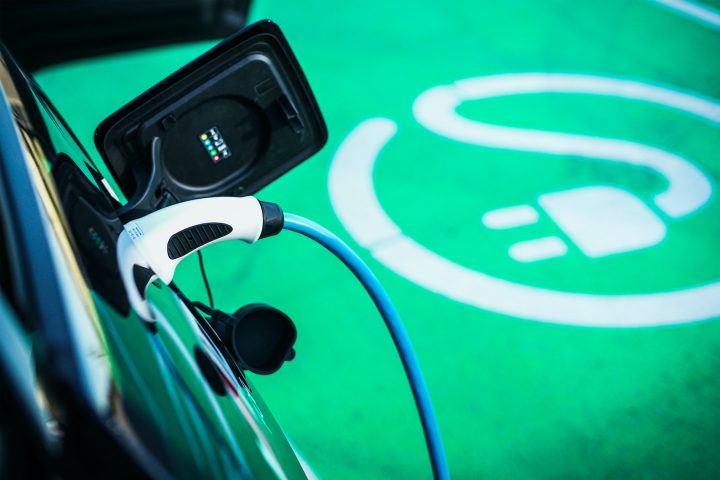Britain’s car-makers and component suppliers face opportunities as the race speeds up towards a future of pure electric vehicles, delegates to the annual Autolink Conference in Cardiff were told yesterday.
On the day that the UK Government announced a £620 Million grant to boost ev-sales, extend the national recharging network on-street and in homes, as well as introduce a compulsory mandate for selling more pure electric cars from 2024, Prof Ian Henry of Birmingham City University said the country simply doesn’t have enough full traction-battery manufacturing capacity while demand is uncertain.
He told the conference that components for new models already announced would have to be imported from countries making cells and assembling them before shipping and fitting into the British-built cars and vans.
Nissan has secured a battery production plant close to its Sunderland car assembly operation but Jaguar Land Rover has not revealed their components’ plan despite saying they would go ‘all-electric’ by the middle of this decade and move up market but reduce manufacturing. It is possible their Castle Bromwich vehicle assembly plant will be transformed into a battery plant, but merely assemble parts sent from abroad.
| Stellantis has confirmed it will make electric vans for the global group once it converts its Ellesmere Port plant from ICE cars’ assembly to all-electric by the end of 2022 and it builds larger ev-powered vans in Luton for the group, but imports their batteries, said Prof Henry.
Toyota will also import its batteries for future models produced near Derby, he believes. Announcements about two large traction battery plants did not state who would be buying their output as car makers are now increasingly considering building their own and cutting out the private suppliers in a bid to reduce costs and ensure continuity of supply. Prof Henry said the UK Government has failed to grasp the full significance of its drive towards zero emissions which might lead to further imports in the British automotive sector but if more was to be made in Britain it would require a step change in mining, manufacturing and monetary policies and support. He said there had been little discussion about the role of hydrogen in vehicle power yet it’s likely to be favoured by manufacturers of some luxury and large-sized private and commercial vehicles. Looking at the UK vehicle market, Prof Henry said that sales will never return to their 2017 high while customers can expect long delays in getting some new models and manufacturers will not enjoy a regular business return until 2023. |
Earlier, Wales’ Minister for Economy, Vaughan Gething, paid tribute the automotive sector and how it had shown resilience and adaptability to various challenges over the last two years.
He said, “By building on Wales’ existing industrial and academic capability in some of the fundamental technologies such as power electronics, motors and drives, artificial intelligence, battery and materials technology, we can play a vital role in the next generation of robotics and automation, low carbon mobility and energy generation.” He went on, “For the sector to regenerate, more must follow. To be sustainable, the evolution of the sector to electrified propulsion in the UK demands the establishment of new supply chains in the UK. This is reinforced by forthcoming rules of origin changes. “If we can grasp the opportunities that will arise from these changes, they will help us create a stronger, greener and fairer Wales, which will support our recovery from the pandemic. “Our Programme for Government explains how we want to build an economy based on the principles of fair work, sustainability and the industries and services of the future. We will support Welsh businesses to create new jobs, find new export markets and invest in sustainable green industries. “The Welsh Government has committed to a £2.5 billion business support package which includes our £500 million Economic Resilience Fund – supporting thousands of firms in Wales and protecting more than 160,000 jobs.” |
Today, The UK’s three bus manufacturers join forces to urge the Government to speed up its rollout of 4,000 UK-made zero-emissions buses, ‘parking the bus’ in Westminster to drive home the point.
So far just a handful of buses have been ordered despite the Prime Minister and Secretary of State for Transport Grant Shapps MP announcing the move in February 2020.
Now ADL, Switch Mobility and Wrightbus, have been invited by the Bus and Coach All-Party Parliamentary Group (APPG) to park three UK-made zero-emission buses in Westminster on October 20 to show MPs around the world-leading technology and remind Downing St of its commitment.


